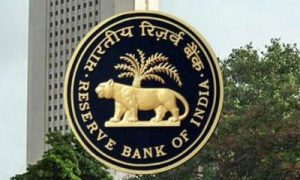The revision comes on the back of a Mumbai resident testing positive for Covid-19 upon arrival in Delhi from South Africa, where the Omicron variant was first detected
The Union Health Minister on Sunday issued revised guidelines for international passengers arriving in India amid the threat of the Omicron variant of the coronavirus, classified by the World Health Organization as a variant of concern. The government will also review the date of resumption of scheduled international flights, earlier planned for December 15.
Revised guidelines
The revision to travel guidelines comes on the back of a Mumbai resident testing positive for Covid-19 upon arrival in Delhi from South Africa, where the Omicron variant was first detected.
International travellers from specified at-risk countries will have to follow five specific steps:
* First, international travellers will need to submit their samples for post-arrival Covid-19 test. They will be required to wait for the results at the arrival airport before leaving or boarding a connecting flight.
* If the passenger tests positive, they will have to quarantine for seven days before testing again on the eighth day. In case they test negative, they will have to self-monitor their health for the next week.
* If travellers test positive, their samples will be sent to INSACOG laboratory network for genomic testing.
* All Covid-positive international travellers will be isolated at a separate facility and treated as per standard protocols, including contact tracing.
*The contacts of such cases will be kept under institutional or home quarantine, monitored by the state government concerned as per protocols.
‘At-risk’ countries
The Union Health Ministry has listed 12 ‘at-risk’ countries — South Africa, United Kingdom, Bangladesh, Brazil, China, Botswana, New Zealand, Mauritius, Singapore, Zimbabwe, Hong Kong, and Israel.
Rules for travellers from other countries
Passengers arriving in India from countries other than those at risk will be allowed to leave the airport but have to self-monitor for 14 days. However, 5% of these passengers will undergo random testing at the arrival airport.
If the travellers test positive or develop symptoms while in home quarantine or monitoring their condition, they will have to self-isolate and report to their nearest health care facility.





































